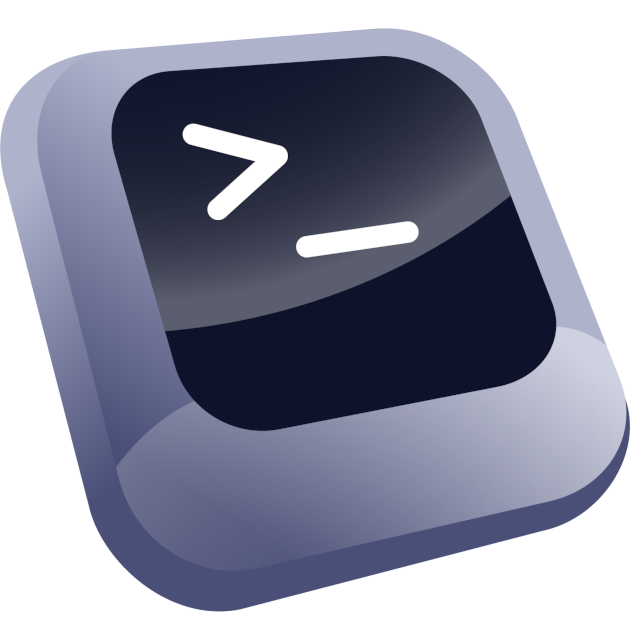In my role, I mostly use Oracle Linux for the VMs where I run my workload. Outside work, I mostly use it to run my own personal workloads, primarily my home lab setup and my own personal applications. I am trying to do the same for my home lab data center as well.
Currently, I run small-scale agents and a few dashboards on Oracle Linux, and then a few of the open-source applications that I use for replacing other proprietary applications. Most of them are containerized. There are a few dashboards that monitor the electrical systems at my home and run the smart devices as well.
I use Oracle Linux mostly from Oracle Cloud. Whenever I spin up a VM for almost any sort of work, I just get Oracle Linux. I have been looking into machine learning recently. Whenever I get an autonomous data center, I usually spin up and run most of the workload, like the compute part or data processing part on Oracle Linux VMs. Recently, I have been trying to spin up my own Kubernetes clusters as well to self-host it along with the other applications.
